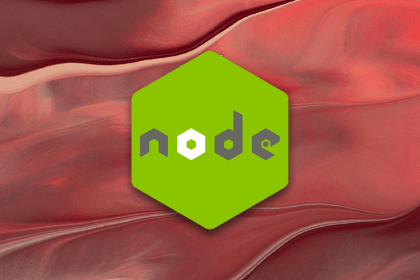
Pranav Mittal, VP, Consumer Product at Hertz, highlights how innovative thinking is the difference between a company failing and succeeding.

Are product managers in 2024 using the same software, websites, and programs to manage their needs? Are favorites such as Miro still relevant?

useState with an objectLearn how to use the useState Hook when working with objects by creating a temporary object and using object destructuring to create a new object.

Make HTTP requests in Node.js using the native module as well as npm packages like Axios, Got, SuperAgent, and node-fetch.

Dealing with state management in TypeScript provides benefits like type safety, code formatting, and error management.

A theme is a high-level goal or overarching idea that represents how a product will deliver value to its customers.

Smoke testing is a simple process to ensure the core part of your solution works smoothly when you add new ones.

Use React’s UI development features and Strada’s web-native integration to build hybrid mobile and web applications.

The term whiteboarding usually refers to the use of a large whiteboard for collaborative work like designing, planning, and ideating.

Here are some clear definitions of the most commonly conflated UI design elements: the pop-up, popover, and popper.

Jie Weng discusses how he and his team work to surface actionable insights and get to the lowest level of the data to move the needle.

Leveraging strong intrapersonal communication will elevate your personal growth and help you grow into the product leader you want to be.